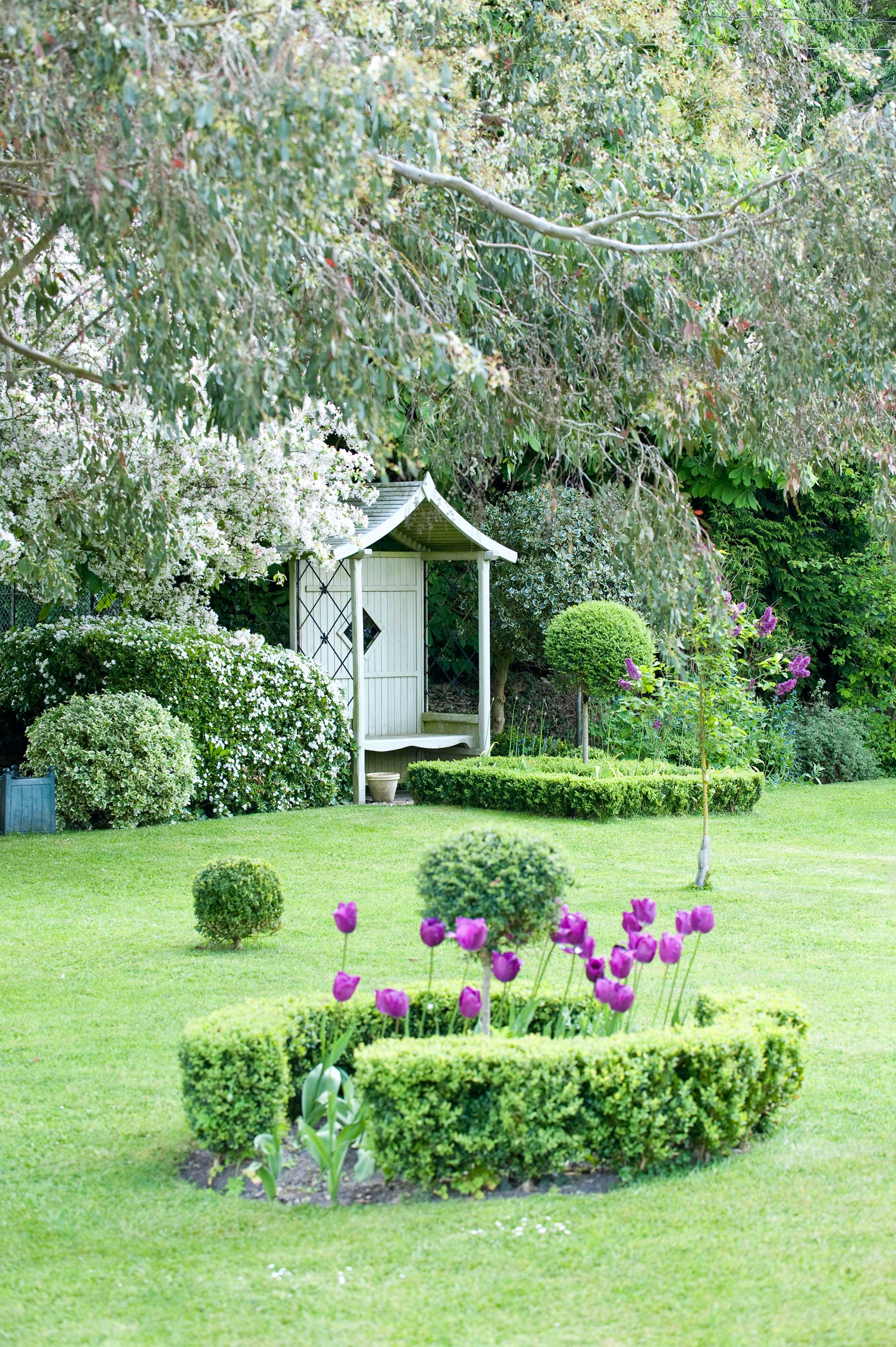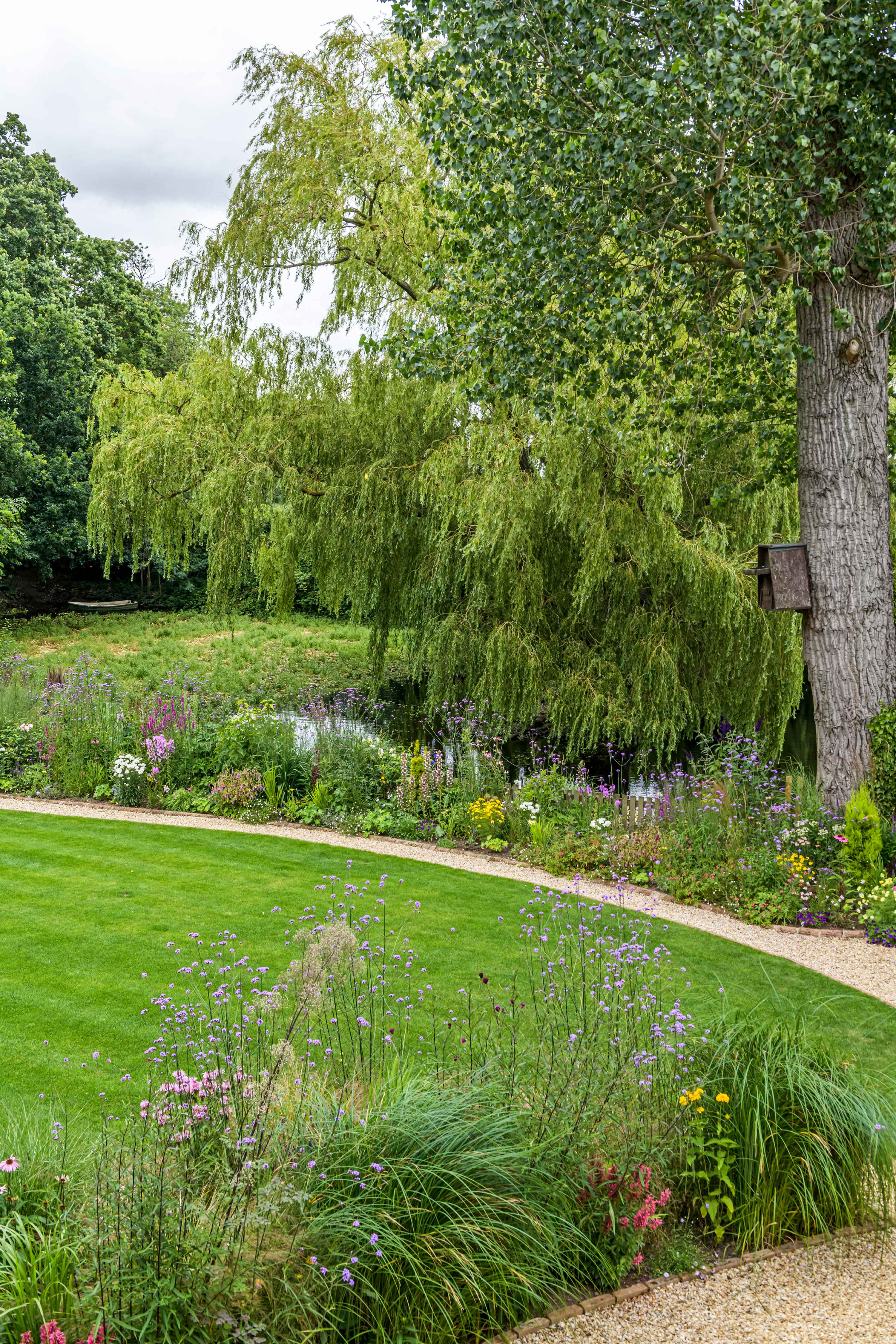Not testing soil is a lawn care mistake – here's why you need to know your soil pH
Having trouble growing grass from seed? You need to test your soil – here's why

Your number one lawn care mistake may not be one of the usual suspects. While most gardeners know how to mow a lawn correctly and are careful not to damage young grass seedlings, not everyone knows about the vital importance of soil testing for lawns.
Soil pH is something many gardeners associate with the needs of a few specific plants that prefer acidic soil (azaleas, for example), but did you know that grass also has a pretty specific soil acidity requirement to thrive?
What soil pH does grass need?

Lawn grass thrives at a pH range between 6 and 7, 7 being the level at which soil becomes alkaline. What are the consequences of having incorrect soil pH? The grass seed won't be able to absorb the nutrients it needs. Jim Friedericks, Director of Outreach and Education at AgSource Laboratories, explained to Lawnstarter, 'Soil with a pH of less than 5.0 is considered strongly acidic and is a challenging environment for most plants. As the soil pH increases above 7.0 it becomes more basic, or alkaline. A pH above 8.5 is unusual and also is challenging for plant growth.'
Young grass also has vulnerable roots, and these can be damaged by acidic soil. If you see that your grass seed isn't taking, overly acidic soil (or in rare cases, very alkaline soil) could be to blame.
How do I know what soil I have?

Testing your soil pH is actually really easy. You can collect a sample and send it off to a soil testing lab (more accessible than you might think – just Goggle one in your area). You can also buy an at-home soil testing kit. Learn more in our guide to soil types. A lab test will be more accurate, but for the purposes of growing a healthy lawn, testing at home is perfectly fine.
Can I improve soil pH for my lawn?

Fortunately, improving the soil pH of your lawn is easy. If the soil is too acidic, you'll need to add lime; if it's too alkaline, you'll need some sulphur. What you need to remember is that soil conditions change over time and you'll need to perform the soil test every year. Make it one of your annual spring garden jobs – you won't regret it. If you live in an urban area with lots of rain, this is especially important, as rain in urban areas contains sulphur and will make soil more acidic over time.
Want more lawn advice? Our spring lawn care tips has more tips on how to get a great looking lawn.
Anna writes about interior design and gardening. Her work has appeared in Homes & Gardens, Livingetc, and many other publications. She is an experienced outdoor and indoor gardener and has a passion for growing roses and Japanese maples in her outside space.
